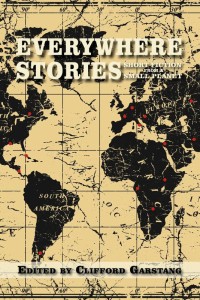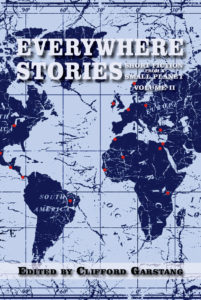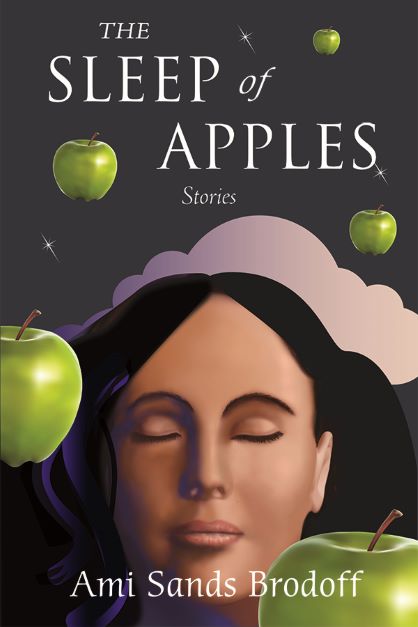
One of my many projects for the year is to compile, edit, and publish (with Press 53) Volume III of Everywhere Stories: Short Fiction from a Small Planet. Like the first two volumes, the book will have twenty stories set in twenty countries by twenty writers (unless I have room for a few more than that). We opened submissions at the end of 2017 and I am currently reading through a few hundred stories to find the best pieces to include in the book.
Curating an anthology is challenging work, for a variety of reasons. Among other things, I find myself rejecting stories that are perfectly fine, excellent even, that just don’t fit my evolving vision for the book.
For example, I recently turned down a submission that was a very good exploration of character that could have been set anywhere in the world. In fact, if the author hadn’t told me in his cover letter where the story was set, I’m not sure I would have been able to figure it out. Given the nature of the series, though, developing a strong sense of place in the work is one of the markers I look for.
There are no taboo subjects in my view, but some topics are hard to bring off with freshness or appropriate sensitivity. As a result, stories that involve abuse toward women or children rarely appeal to me. Same with violence toward animals. Stories about characters with cancer are often overly sentimental or too familiar, and that’s true whether the setting is California or Kathmandu. (Sometimes, however, as with one of the stories in Volume I of the series, cancer is only an ancillary part of the story, not its sole focus, and provides poignancy rather than melodrama.) It turns out that I’m not a big fan of stories about drug use, either.

Writers who demonstrate a familiarity with the kinds of stories we published in the first two volumes probably have an advantage over those who clearly haven’t read either of those books. This is true with ordinary literary magazines, too. Why submit a poem to a publication that says in its title that it includes only short fiction? And while we have dipped our toes into magical realism, a story that is over-the-top surreal probably isn’t going to make the cut in a collection of stories that is, for the most part, hyper-real.
I’m both amused and disappointed when writers ignore the submission guidelines that specify the countries we’ve covered in the first two volumes that we will NOT include in Volume III. “The story is set in France,” says the cover letter, even though we did France in Volume I. Other than the United States, we aren’t repeating countries, as we stated explicitly.
And speaking of the United States, if you sent us a story set in this country your odds of having it included in the book are very small. Of all the submissions we received this time, about a third of them were set in the U.S. It’s been very difficult to wade through all of those submissions to find the one story set in America that will work for us, because many of the stories are extremely good.
One of the things you’ll hear from or about over-worked editors is that we’re looking for excuses to reject a story. Anything to move it off the table so we can get to the next submission. This is why writers are advised to proofread carefully, to use standard fonts and formatting, to follow submission guidelines exactly, and so on. But for this project, I find myself being more tolerant than when I was editing a magazine. I wish every story had the wordcount on the first page, but it’s not fatal to the submission if it doesn’t. I just use page count instead to judge length. The writer uses “alright” instead of “all right?” No problem. We’ll fix that in the editing process if we have to. Punctuation mistakes? Confusing “which” for “that?” Wrong word choices? (One writer used the word “costumer” when he meant “customer,” which gave me a chuckle at the writer’s expense.) Not really a problem. Maybe, if there is an accumulation of these sorts of errors that will give me headaches in the editing process, then I will turn a piece down. But if the story otherwise has merit, I’m more likely to give it a chance despite these superficial flaws.
I am getting close to making the final selections for the anthology and writers should be hearing from me within the next two weeks. At that point, we’ll start working on edits—also a time-consuming task—and soliciting author bios and statements. By late spring I should be able to turn the whole manuscript over to the publisher with a view to publication in October. Stay tuned for the pre-order announcement in August and September!
If you’re curious about the series and the stories we included in the first two volumes, take a look at Press 53’s Anthology page.

